Having been disappointed because he missed out on his dream of studying abroad, Khanh was determined to "do it again" at the master's level, thanks to which he won full scholarships to two of the world's top universities, Oxford and Harvard.
Vu Do Khanh (1992) is currently the CEO of an international policy research and consulting unit. Previously, he was known as the first Vietnamese student to be admitted to the Master of Public Policy program at the Blavatnik School of Government, Oxford University, and the first Vietnamese to work for two leading agencies of the British Government. Having achieved many successes along the way, Khanh admitted that he had many times reached the top and then fallen to the bottom. "However, in any situation, there will be a way for you to continue, as long as you keep a calm mind to overcome it," he said. 



Khanh at the International Monetary Fund (IMF) Annual Meetings taking place in Morocco in 2023.
During high school, Khanh had planned to study abroad. He was also accepted into three Ivy League universities. But due to an incident, this dream had to be put on hold. After that, he chose to enroll in Oriental Studies at the University of Social Sciences and Humanities, Ho Chi Minh City. In the first year, Khanh still did not like it very much. He wrote an application to reserve his admission results at Columbia University (USA), but then he hesitated. "In the second year, when I was exposed to specialized subjects, I gradually realized that my major also had many interesting things. I knew that I could not go back to the past, so I accepted to adapt and move on," he said. From then on, Khanh began to participate more in activities, co-founding the school's International Exchange Club. In addition, he is also a member of the Asian Education and Exchange Association - which helped him have his first research. After graduating, Khanh worked as an assistant to Ms. Ton Nu Thi Ninh, President of the Ho Chi Minh City Peace and Development Foundation, Former Vice Chairman of the National Assembly's Foreign Affairs Committee... In 2013, the male student of the School of Humanities won the First Prize in the English Speaking Contest on the occasion of the 40th Anniversary of Vietnam - UK diplomatic relations organized by the British Embassy. Thanks to this mark, Khanh received a letter of recommendation from the British Ambassador when applying to top universities in the UK. According to him, applying to top schools should be invested in as early as possible. For example, to have a sample research paper or research proposal, Khanh had to research the "profile" and research direction of the professors in the school, see what topics they were interested in, and then develop in the direction the professor was interested in to increase the possibility of being accepted. "No matter how excellent a topic is, if it is not suitable for the research direction of any professor in the school, the candidate's possibility of being accepted will be very low". As for the essay, according to him, candidates should focus on writing about their own values and development potential instead of getting caught up in the “complaining” motif. “Complaining too much will lower the candidate’s ability to solve problems,” Khanh said. Entering the interview round, Khanh had the opportunity to talk directly with a panel of 5 professors. One of them asked him the question: “Have you read anything recently that makes you feel difficult to approach?” The Vietnamese male student confidently replied: “I am 23 years old, the valedictorian of a university. With that achievement, if I still often encounter things that make me have difficulty thinking, I am definitely not the candidate you are looking for.” This confidence later also contributed to Khanh receiving full scholarships to Oxford and Harvard Universities. Without hesitation, he decided to study at Oxford because he was "fascinated" by the culture of "only caring about results" rather than the "caring about the process" mindset that many other schools often apply. 3-4 hours of sleep at Oxford Coming to Oxford University in August 2016, Khanh had 5 months to learn everything before that. He also proactively contacted the presidents of the clubs he wanted to join, suggesting that he wanted to support the activities of the association. Thanks to his active participation, although he was a newcomer, Khanh was chosen as one of the discussion coordinators at the Model United Nations Conference at Oxford University right after entering the school. However, there were many things at Oxford that made him feel "shocked". "Professors never directly answer students' questions, students have to ask questions and find answers for themselves. In addition, in studying, professors also set very high requirements for students. On average, every week I have to read more than 600 pages of documents of all subjects, write 2 long essays and do many situational analysis exercises..." But according to Khanh, the interesting thing is that Oxford allows students to study anything they like without any additional costs. "It's like a knowledge buffet, students can study whatever they want." The first time he wrote an essay, Khanh had difficulty doing social statistics and using the R programming language to analyze data. When he proposed to the school, the academic department immediately arranged for him a teacher to teach him the knowledge he requested. Knowing these "privileges", Khanh often takes advantage of free time to ask for supplementary lessons related to knowledge. "Thanks to that, I have acquired a full set of skills to serve my future work," Khanh said.
Khanh and other representatives of Oxford University visited the Royal Military Academy Sandhurst.
In return, Khanh's schedule at Oxford was always packed from 8am to 7pm, while there were too many things he needed to take care of such as grades, social activities and sleep. "I could only choose 2 out of 3, so I had to sacrifice sleep. Many of my friends at that time often joked that they had never seen me "offline" before." Instead of sleeping continuously for many hours, Khanh practiced polyphasic sleep , which means dividing it into short naps during the day to have more time. "Every 8 hours, I take a nap, including a long nap of 2-3 hours and 2 short naps of about 45 minutes. This makes the body not too tired and can still do many things at once." Thanks to his coherent thinking, Khanh often organizes knowledge very logically, so studying is not too difficult. After more than 1.5 years in the UK, Khanh is one of 10 students of the class graduating with Distinction at Oxford University. Becoming the first Vietnamese to work for two of the UK Government's top agencies . Not letting himself rest, before graduating, Khanh also had time to apply to some "big guys" such as Google or the World Bank. At Oxford, Khanh has a Professional mentor, Mr. Mark Lowcock - Undersecretary of the UK Department for International Development, an alumnus of the school, to support his studies and career orientation. Mr. Mark Lowcock also informed Khanh that the UK Department of Digital, Culture, Media and Sport was recruiting staff and encouraged him to apply. Normally, the Government only recruits people without British nationality for positions at UK representative agencies abroad such as Embassies and Consulates. For this position, according to the regulations on nationality for civil servants, “Alien” (in case of non-British applicants) can only be recruited when one of two conditions is met: There are no or insufficient numbers of qualified British nationals to recruit or the “Alien” must have special expertise or experience. Fortunately, at that time, there were no suitable British candidates applying for this position. With the trust and recommendation of the Dean of the School of Government of Oxford University and Mr. Mark Lowcock, Khanh’s application was approved. Before being officially accepted, the Vietnamese man also had to go through a rigorous security check that lasted more than a month. Khanh’s job at the Ministry of Digitalization, Culture, Communications and Sports is to advise and analyze policies on education promotion and communications.
Khanh and his classmates at Oxford
After that, he continued to work at the British Cabinet Office as a Policy Analyst. “When I appeared in the meeting room, as an Asian, without British citizenship, I often had to explain why I was there. Luckily, I had the support of everyone around me, and everything went smoothly after that,” Khanh said. In the more than 5 years since graduating with a master's degree in the UK, Khanh also held several positions at the United Nations and the International Monetary Fund. By the end of 2022, when his career was going well, he decided to return home with the desire to support Vietnamese businesses in policy matters. However, he said he had never regretted this decision. “When I returned, I was still able to work as a policy consultant for businesses and state agencies. Moreover, I saw that what I did could somehow contribute to Vietnam, so I found this return meaningful.” Having struggled to learn how to adapt before finding the right path, Khanh believes that in every situation, each person needs to find a way to overcome the situation. “No matter what the situation, there will be a way to move forward. You will fail right from the start if you think you can’t do anything,” Khanh shared.Vietnamnet.vn
Source: https://vietnamnet.vn/cuu-sinh-vien-oxford-la-nguoi-viet-dau-tien-lam-viec-cho-noi-cac-chinh-phu-anh-2286227.html































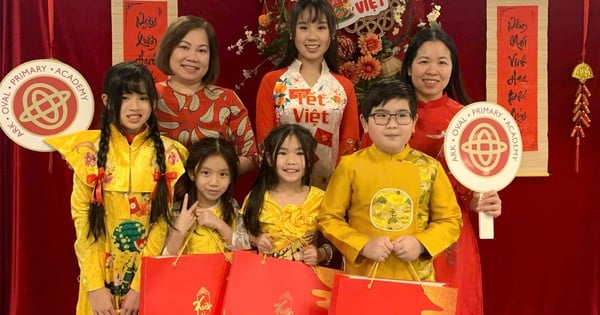

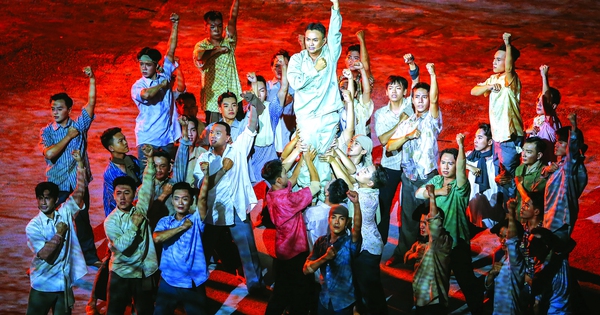

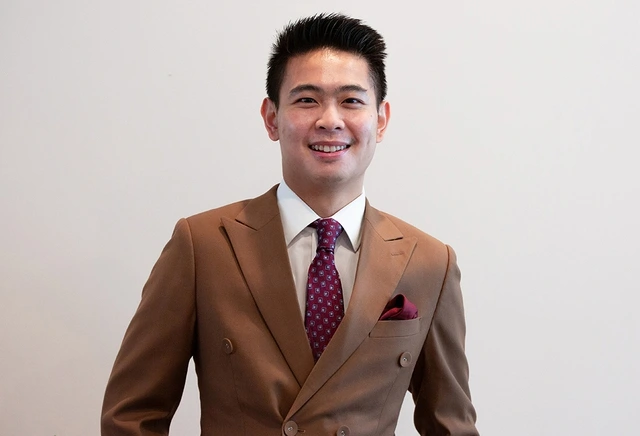
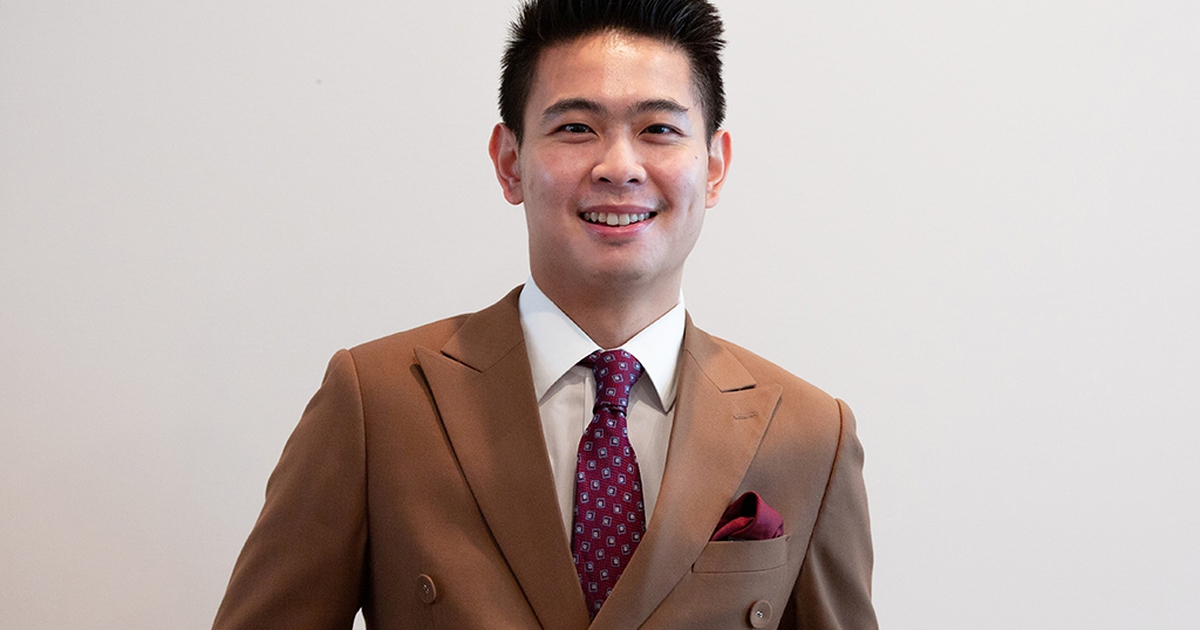
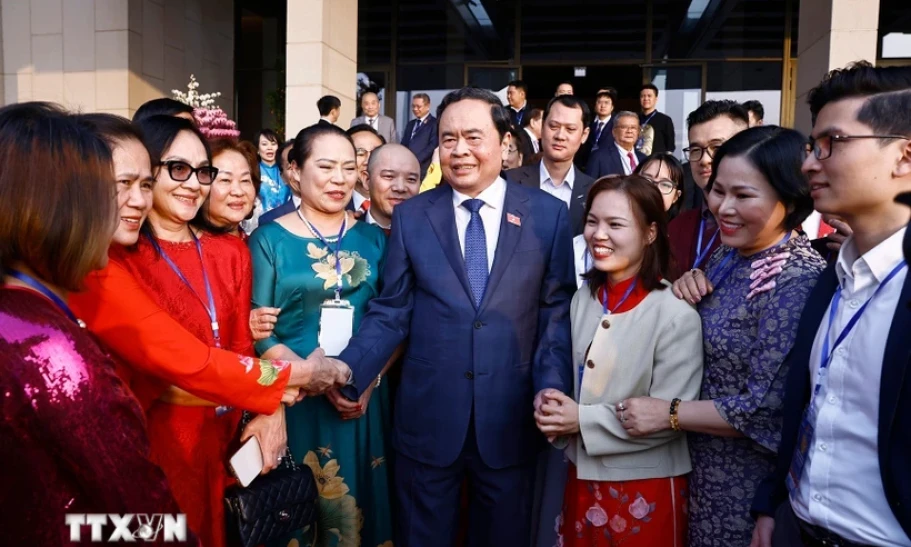











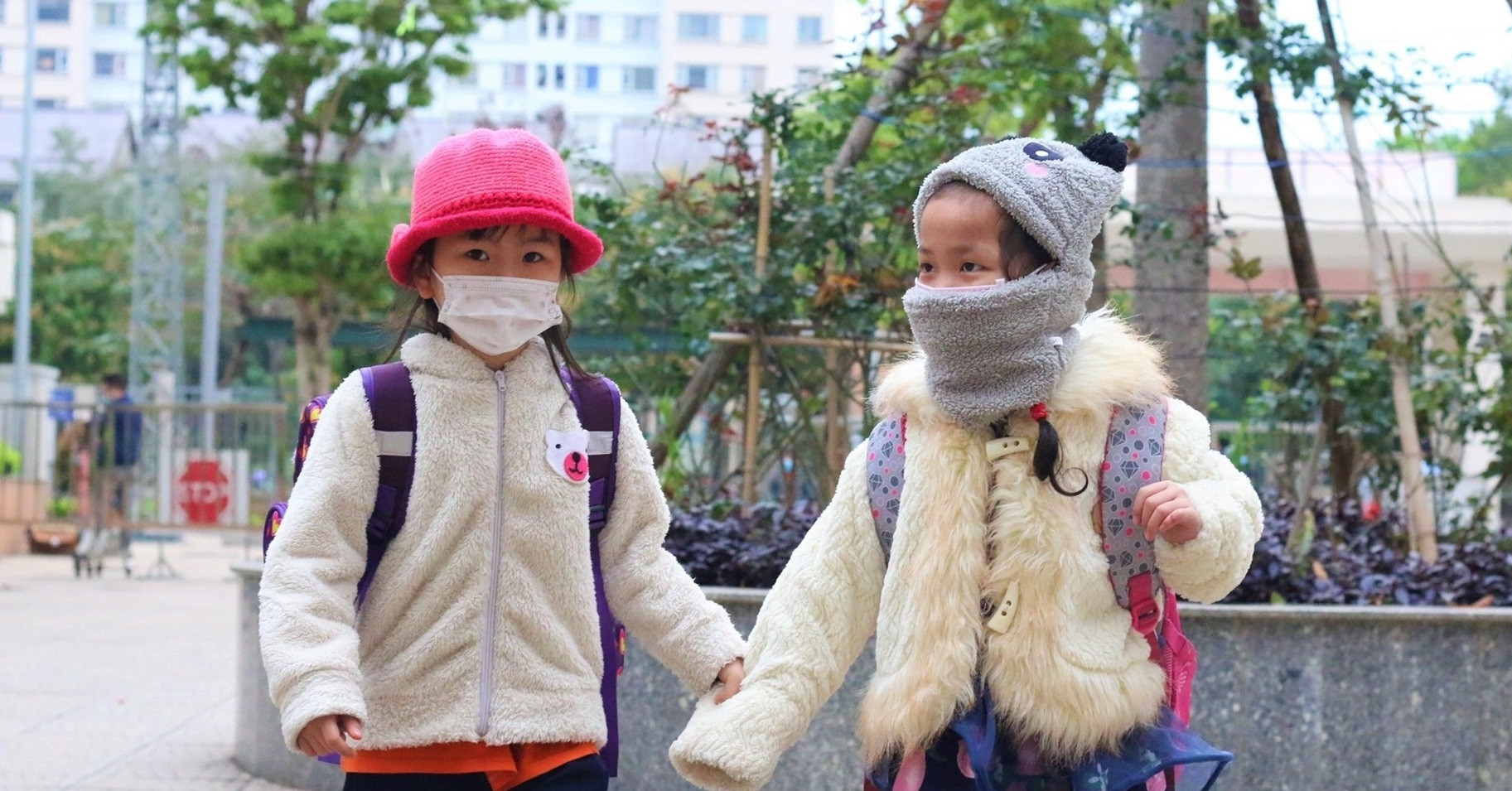
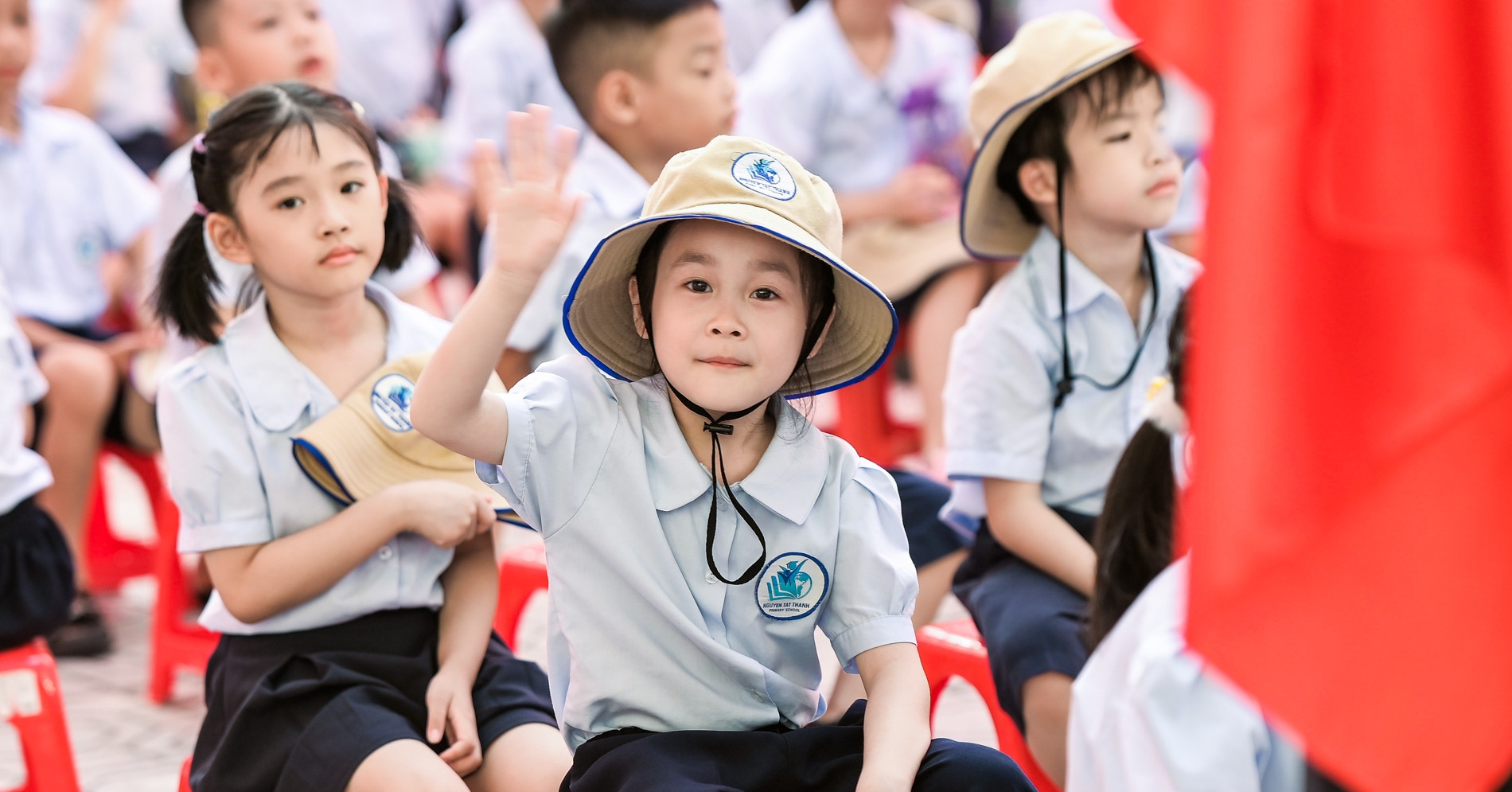
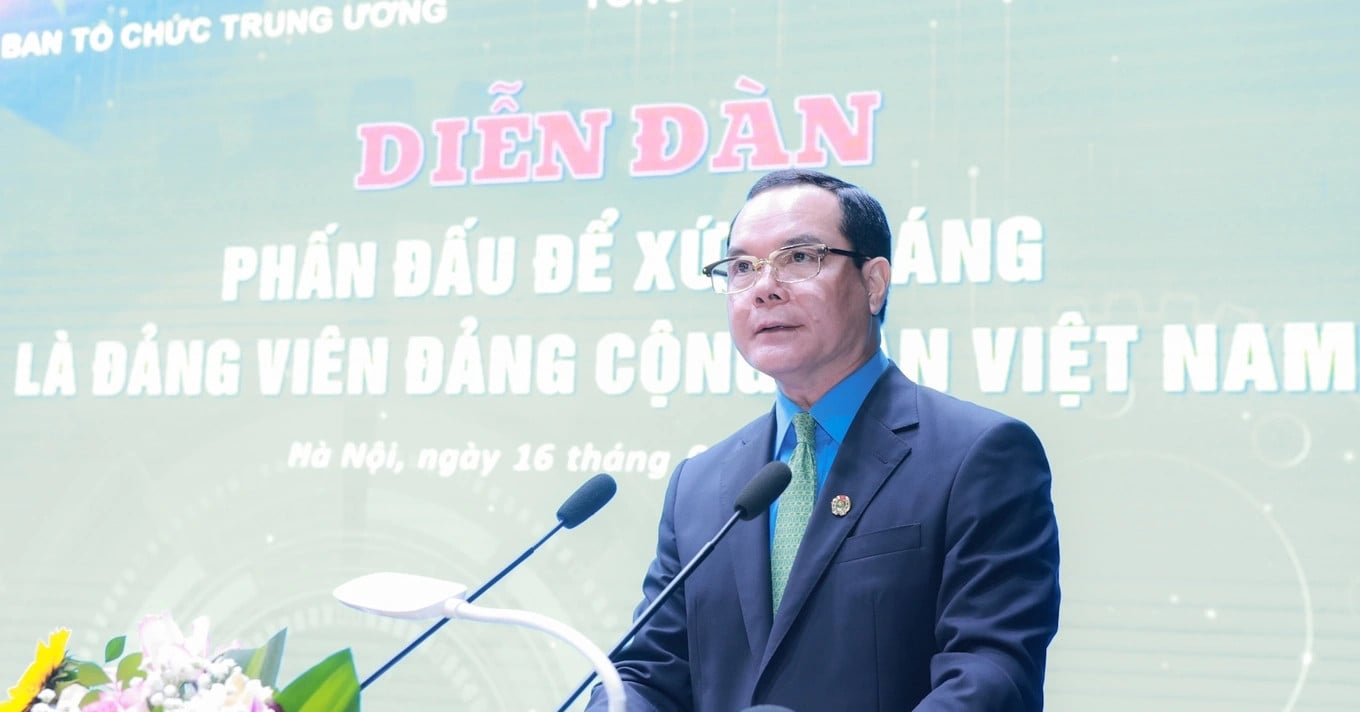
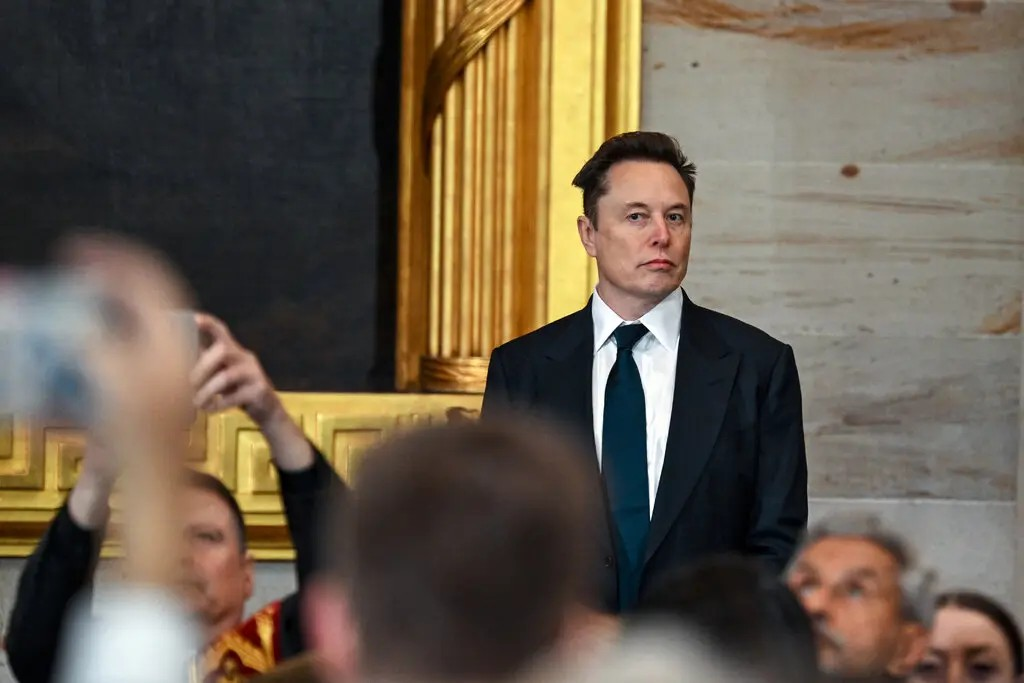




Comment (0)